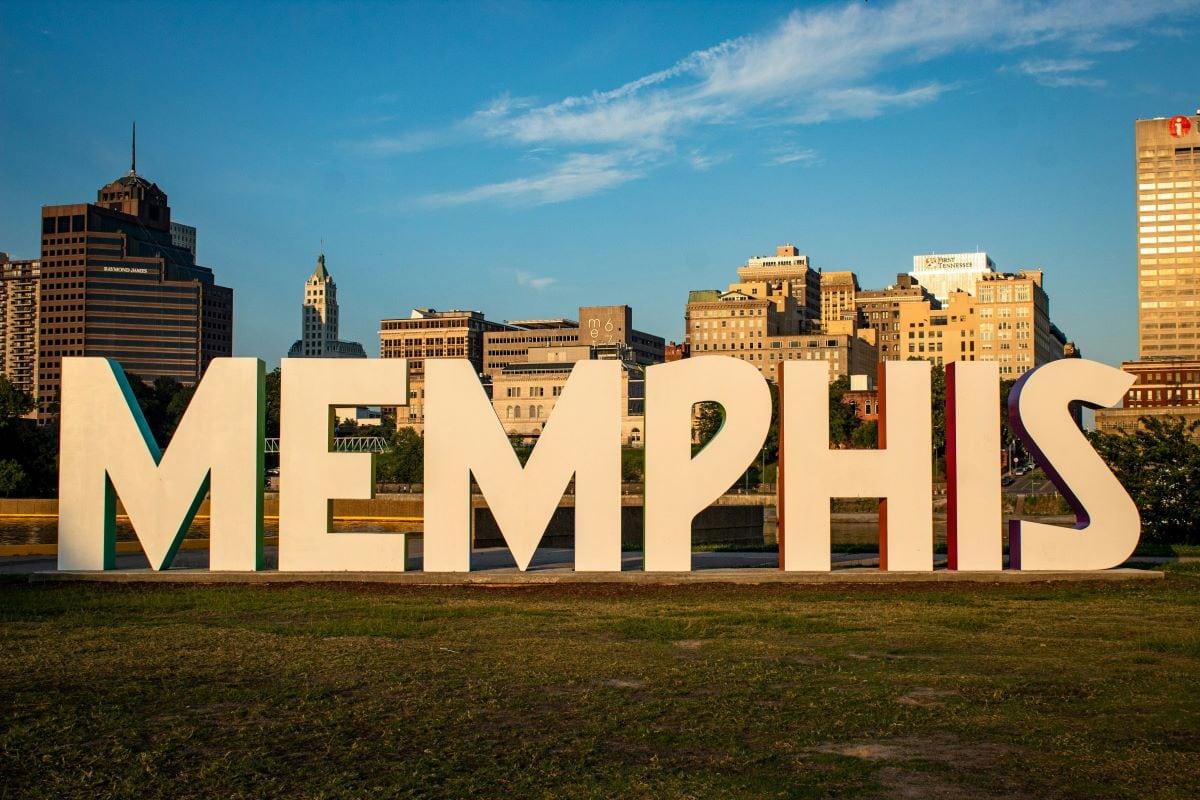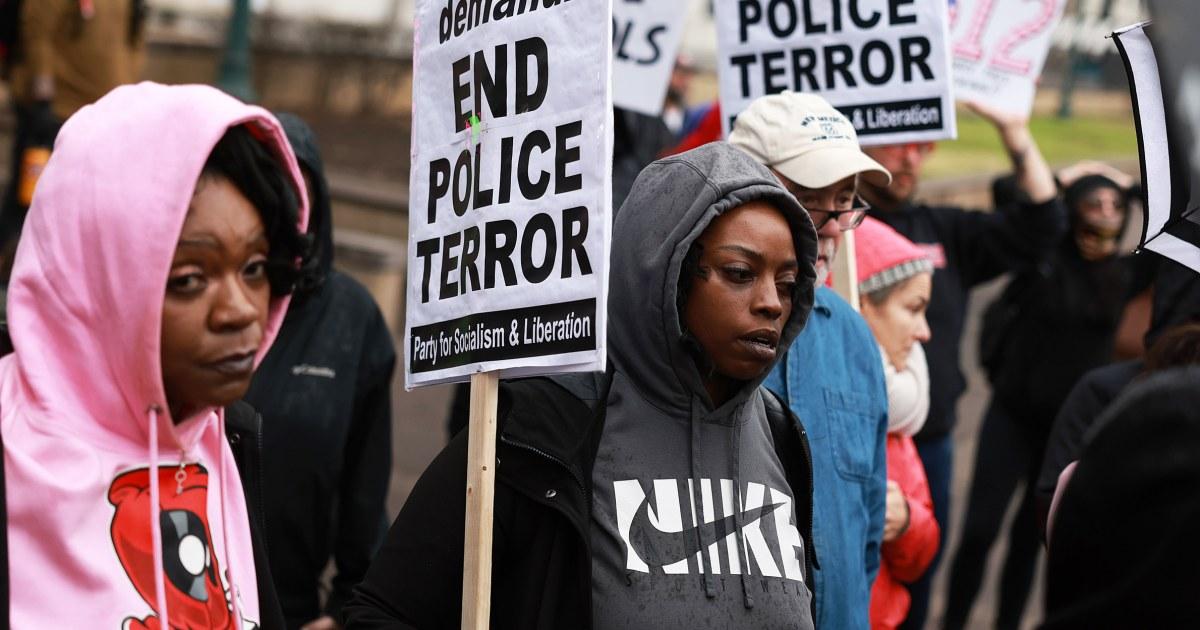In the heart of the Mississippi Delta, where the strains of blues and soul music once echoed through the streets, a new melody of discord has emerged. Memphis, a city steeped in history, finds itself grappling with a haunting accusation: systemic discrimination within its police force. This accusation, once whispered only in hushed tones, has now been amplified by a thunderous report from the United States Department of Justice. The report paints a stark picture of a police culture riddled with excessive force, biased policing, and a disregard for the civil rights of its citizens. As the outcry reverberates through the city, residents and activists alike are demanding accountability, while the Memphis Police Department struggles to reconcile the findings with its mission to protect and serve.
- Unmasking Police Discrimination: Protesters Allegations Affirmed by Justice Department Report
Unmasking Police Discrimination: A Pattern Exposed
The Justice Department’s report has corroborated allegations of discriminatory policing practices by the Memphis Police Department, echoing the voices of protesters who have long decried such injustices. According to the report, Black drivers are disproportionately stopped, searched, and arrested compared to their white counterparts, highlighting systemic biases within the force. This glaring disparity has eroded trust between the police and the community they are meant to serve.
Quantifying Disparities
The report’s findings provide irrefutable evidence of the prevalence of discrimination:
Traffic Stops: Black drivers are two times more likely to be stopped by Memphis police than white drivers, despite similar traffic violations.
Searches: Black drivers are four times more likely to be subjected to vehicle searches, often without probable cause.
* Arrests: Black individuals are three times more likely to be arrested than white individuals, even for non-violent offenses.
These alarming disparities demand immediate action to address the root causes of police discrimination and restore trust between law enforcement and the communities they serve.
– Systemic Injustice Unraveled: Exploring the Discriminatory Practices of the Memphis Police
The Justice Department report details a pattern of unconstitutional policing practices by the Memphis Police Department (MPD), including the use of excessive force, unlawful stops and searches, and racial profiling. The report also found that the MPD failed to adequately investigate and discipline officers for misconduct.
As a result of the report’s findings, the Justice Department entered into an agreement with the City of Memphis to reform the MPD. The agreement requires the MPD to implement a number of changes, including:
Developing and implementing a new use-of-force policy
Improving officer training on use of force, de-escalation, and implicit bias
Creating a new body camera program
Increasing independent oversight of the MPD
– Addressing Bias and Rebuilding Trust: Recommendations for a More Equitable Department
Addressing Bias and Rebuilding Trust
To address bias and rebuild trust, the Department should implement a comprehensive plan that includes the following recommendations:
- Acknowledge and apologize for past discrimination: The Department should issue a formal apology for its past discriminatory practices, acknowledging the harm caused to the community. This apology should be accompanied by a commitment to never tolerate discrimination in any form.
- Reform hiring practices: The Department should review and revise its hiring practices to ensure that it is not biased against minority job applicants. This may involve using blind hiring techniques, eliminating subjective criteria from the application process, and providing training on unconscious bias for hiring managers. The table below shows the current and proposed hiring practices for the Memphis Police Department:
| Current Hiring Practices | Proposed Hiring Practices |
|—|—|
| Subjective interviews | Blind hiring techniques |
| Unclear selection criteria | Specific, objective criteria |
| Hiring managers with biased beliefs | Training for hiring managers on unconscious bias |
– Transforming Policing through Justice: Implications of the Justice Departments findings
Memphis Police Found to Engage in Discriminatory Practices
The United States Department of Justice has released a report outlining its findings from a comprehensive investigation into the Memphis Police Department. The report found that the department has engaged in a pattern of violating the constitutional rights of citizens through excessive force, unconstitutional searches and seizures, and biased policing.
Implications of the Findings
The findings of the Justice Department’s report have significant implications for the Memphis Police Department and for policing in the United States as a whole. The report’s recommendations call for a series of reforms to the department’s policies and practices, including:
Increased training for officers on de-escalation techniques and constitutional law.
Improved supervision to ensure that officers are held accountable for their actions.
* Enhanced community engagement to rebuild trust between the police and the community.
These reforms are essential to ensure that the Memphis Police Department is effectively serving the community and upholding the constitutional rights of all citizens. The Department of Justice’s findings serve as a wake-up call for the city of Memphis and for police departments across the country. Police must be held accountable for their actions, and they must be reformed to ensure that they are serving and protecting all citizens, regardless of their race or background.
To Conclude
The findings of the Justice Department’s report cast a shadow over the legacy of Memphis’s police force, exposing systemic failures and a culture of discrimination that has eroded public trust. The journey towards equitable policing and community healing will be long and arduous, demanding sustained efforts from all stakeholders. Only through open dialogue, transparent reforms, and a relentless commitment to justice can the city forge a future where the rights of all its citizens are upheld and respected. The road ahead may be fraught with challenges, but Memphis cannot afford to stray from this path, for the well-being of its communities and the vitality of its democracy depend on it. The legacy of the past must not define the future, but must serve as a constant reminder of the vigilance required to create a more just and equitable society.


